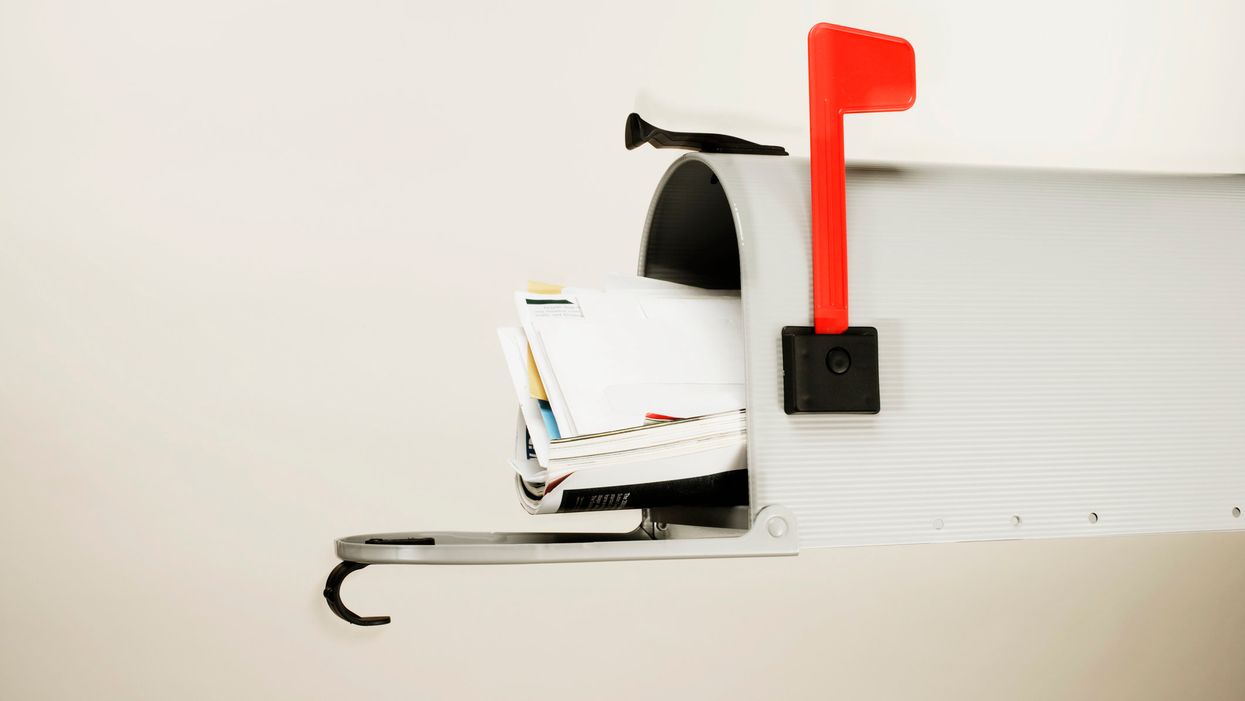In keeping with social distancing mandates, crusaders against partisan gerrymandering in Oregon have settled on a new old-fashioned way to recruit allies: Send a letter, by snail mail.
With the coronavirus pandemic ruling out traditional in-person canvassing across the country, many grassroots democracy efforts have gone silent — some after failing to get permission to obtain electronic signatures for their ballot measures.
Redistricting reformers in Oregon aren't going down the online route. Instead they are mailing copies of their ballot proposal, which would turn legislative mapmaking over to an independent redistricting commission, to half a million residential addresses in search of handwritten endorsements.
Time is of the essence. Political maps generally get drawn once every decade, after the census provides detailed population figures, so the reliably Democratic majorities in the Oregon Legislature will claim the job for themselves next year unless voters decide otherwise in November. And the measure won't be on the ballot unless 149,000 people sign and return the forms in the next three weeks.
The League of Women Voters and People Not Politicians are behind the flooding of the Postal Service in the Oregon campaign. Their mailing, which includes a postage-paid return envelope, is going to 500,000 households identified as having more than one registered voter.
Voters can also download the petition on the People Not Politicians' website or they can ask the group for a version in the mail if it doesn't show up soon.
The measure would establish a commission of four Democrats, four Republicans and four people unaffiliated with a major party. It would draw the district lines for the state House and Senate and set the boundaries of congressional districts — six of them, probably, up from five because of the state's population growth during the 2010s.
Oregon is one of a handful of states where advocates for taking mapmaking away from its beneficiaries are still campaigning. The group pushing for creation of a commission in newly blue Nevada was recently given more time to collect signatures to get on the ballot. But the effort in reliably red Arkansas has been hobbled since a federal judge refused to allow e-signatures on petitions.
Virginia is the only state that for sure will have a referendum in November on creation of an independent commission, while Missourians will vote on whether to largely undo a redistricting reform initiative they approved two years ago.
At the moment, 14 states will use independent commissions to draw the next decade's legislative districts, and eight of those will also take over congressional cartography.
Massachusetts and Michigan are the only states that have so far permitted electronic signatures for ballot measures in light of Covid-19. At least two dozen citizen democracy efforts, including four related to democracy reform, have been suspended due to the pandemic.




















